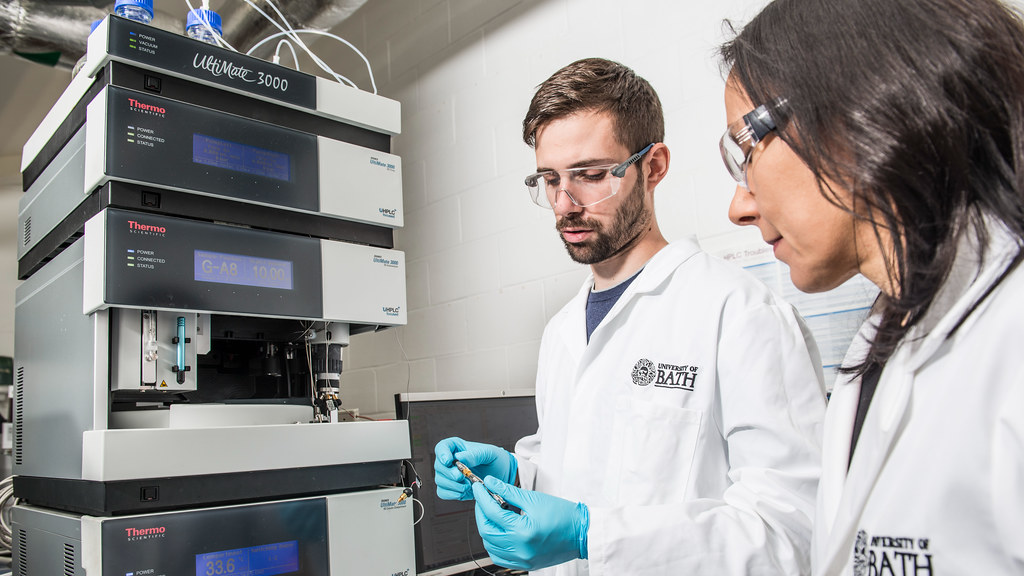
Raymond was a refugee from Egypt in 1964 when he moved to England after winning a scholarship to sit his O and A-Levels, before joining Bath in 1968 where he completed an undergraduate degree and a PhD in chemistry.
He went on to have an outstanding academic career in the pharmaceutical sector, working as a pharmacologist and virologist while establishing multiple successful biotech companies in the United States.
Most notably, his work led to the development of several antiviral drugs effective against HIV. Today around 94% of HIV patients take one of the drugs he invented. He was also instrumental in the discovery and development of drugs for hepatitis B and a cure for hepatitis C.
These breakthroughs, and Raymond’s work in bringing these drugs to the market, have saved many lives and improved the quality of life for millions of patients worldwide. He continues to work actively as a leading scientist and entrepreneur based at Emory University School of Medicine in Atlanta, Georgia, United States.
Raymond says:
“I came to the UK as an immigrant from Egypt to continue to benefit from a British education, and I’m very grateful to Britain for providing me with an outstanding education,” says Raymond. “It’s so important to support underprivileged, bright students, especially those who are immigrants, and give them an opportunity to study at Bath. Now it is my turn to give back and to make this world a better place.”

